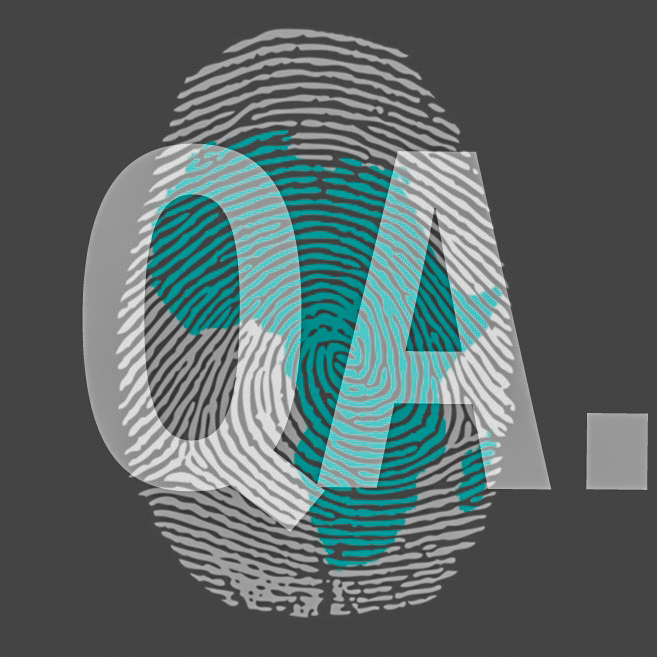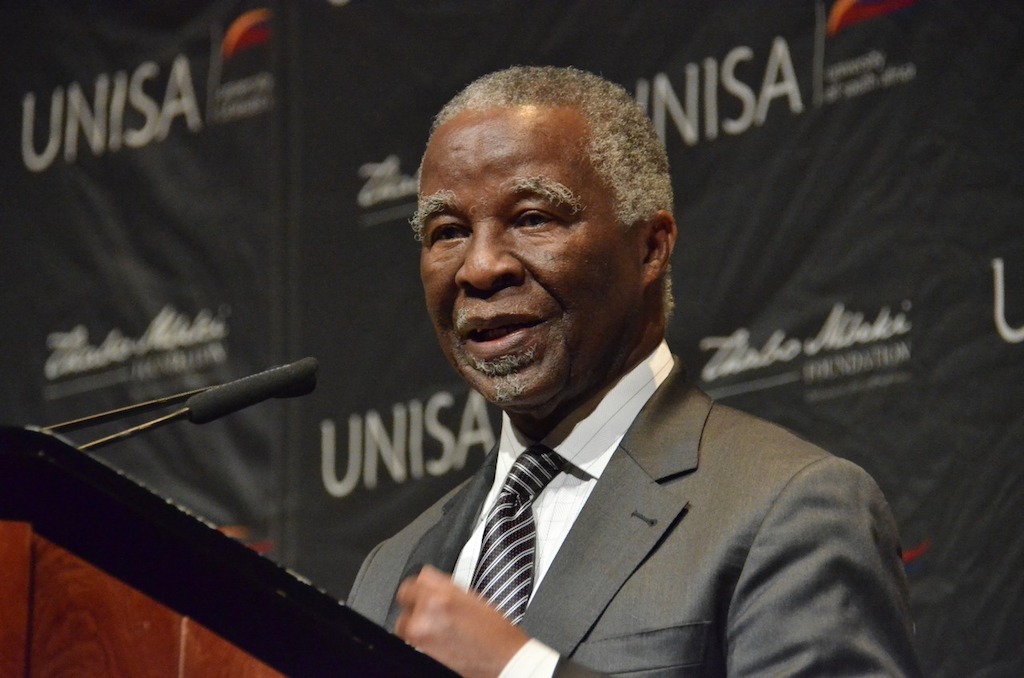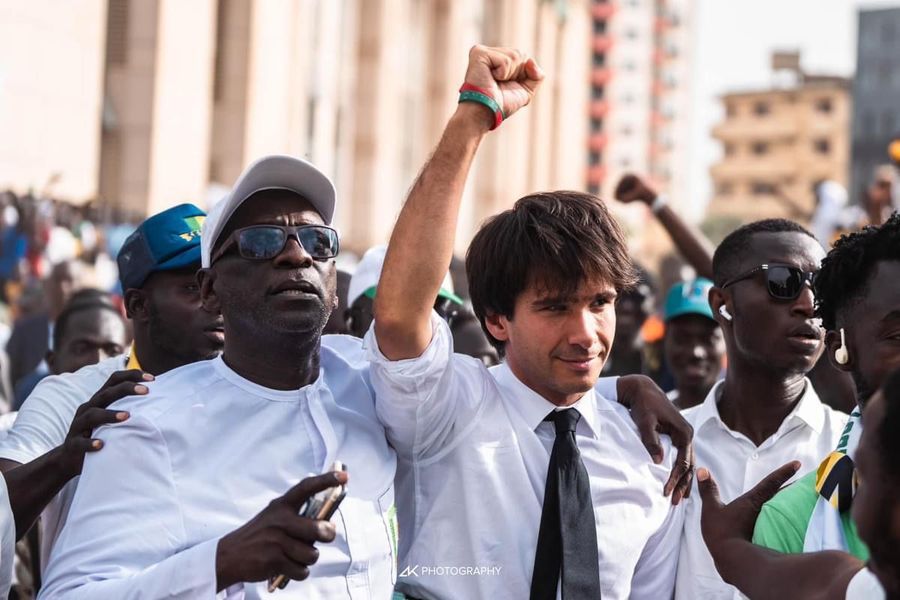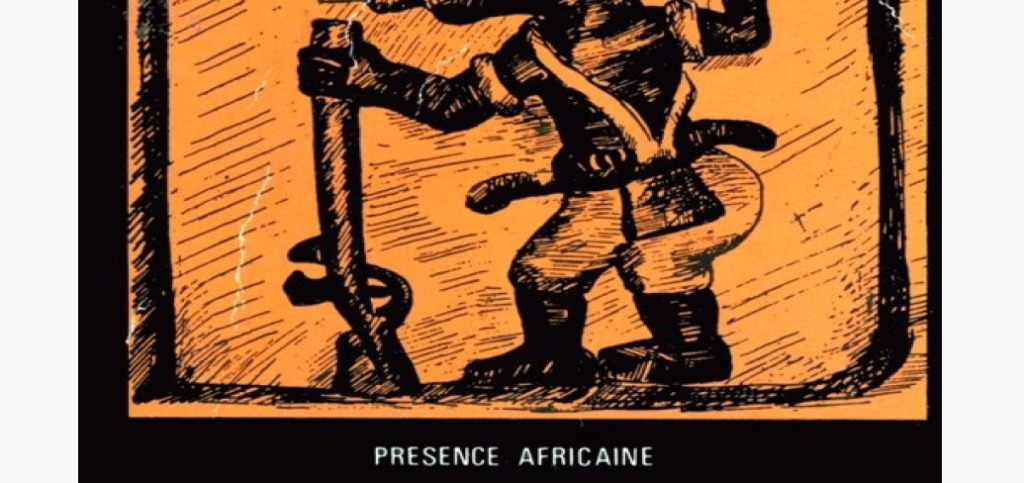On September 27, 2025, during the General Debate of the 80th Session of the United Nations General Assembly, Rimtalba Jean Emmanuel Ouedraogo, Prime Minister of Burkina Faso, delivered a powerful and unfiltered address that sharply criticized the organization’s structure, effectiveness, and role in global affairs. Speaking on behalf of his nation amid ongoing regional challenges, Ouedraogo pulled no punches, likening the UN’s milestone anniversary to an embarrassing fiasco, a collective disappointment and a structural failure.
HARSH WORDS FOR THE SECURITY COUNCIL AND AFRICA’S EXCLUSION
At the heart of Ouedraogo’s speech was a pointed indictment of the UN Security Council. He questioned the body’s legitimacy, asking how can we understand the fact that Africa, the cradle of humanity and where there are so many conflicts, and which represents more than 1 billion human beings, remains excluded from the Security Council’s decision-making bodies. He argued that this exclusion perpetuates inequality in global decision-making, especially given Africa’s disproportionate share of conflicts.
Ouedraogo went further, decrying UN peacekeeping missions as ineffective despite billions in funding. These operations, he said, often leave host countries with more frustration and suffering than tangible results. He accused the Security Council itself of being a troublemaker, fueled by the « tacit, underhand and sometimes active complicity of some permanent members who act as major actors and financiers of the crises of our time. Describing it as a pernicious body exhibiting predatory behaviour, he warned that without bold reforms, the Council would remain an anachronistic institution unfit for the modern world.
BURKINA FASO’S STRUGGLE AGAINST TERRORISM AND CRITICISM OF UN INTERFERENCE
Shifting focus to his own country, Ouedraogo painted a vivid picture of Burkina Faso’s ongoing battle against terrorism. He described the nation, like others in the Sahel region, as enduring one of the most testing times in its history. For almost a decade now, Burkina Faso has been attacked by terrorists supported by dark forces — coveting resources, shattering sovereignty and impose the law of chaos.
Despite these challenges, Ouedraogo highlighted significant progress under his government’s efforts: more than 72 percent of the country’s territory has been recovered, thousands of internally displaced persons are returning home, schools are reopening, and essential social services are resuming operations. However, he expressed deep frustration with certain UN agencies, accusing them of adopting a condescending stance and meddling in national affairs through biased narratives that are debossed from the reality on the ground. He specifically rejected the UN report titled « Children and Armed Conflict in Burkina Faso, » labeling its very title as an example of semantic manipulation.
Ouedraogo escalated his rhetoric by alleging that the terrorists plaguing Burkina Faso act as troops of predatory foreign armies, with some states openly proclaiming support for these groups. He singled out France, stating that the Macron regime’s public media, in addition to the daily disinformation it offers, has become a mouthpiece for the communication of these criminals, perpetrators of cowardly, barbaric attacks committed against our peaceful citizens. Furthermore, he charged that certain Security Council members are flouting UN Resolution 1373 (2001), which mandates the suppression of terrorist financing, strengthened border controls, and enhanced international cooperation.
CALLS FOR UN REFORM AND BROADER GLOBAL JUSTICE
Reiterating Africa’s long-standing demand for representation, Ouedraogo noted that for eight decades, the continent has legitimately demanded its rightful place on the Security Council. He urged a deep reform of the UN, warning that the organization risks following in the footsteps of the League of Nations. In a broader critique of global injustices, he deplored the ongoing blockade against Cuba, sanctions on Venezuela, and the persistent impasse in the Israeli-Palestinian conflict.
In his closing remarks, Ouedraogo called directly on the UN Secretary-General to transform the organization into a true guarantor of peace and security worldwide, instead of an instrument of domination in the hands of the most powerful nations. His address resonated with themes of sovereignty, anti-imperialism, and the need for equitable global governance, echoing sentiments from other African leaders during the session.
This speech underscores growing frustrations among developing nations with the UN’s current framework, potentially signaling a push for significant changes in the years ahead.






Laisser un commentaire
Vous devez vous connecter pour publier un commentaire.